Is Antinatalism Creeping into Society?
Imagine a world where no human beings exist. Animals are free to roam. Plants grow uninhibited. The biggest and strongest survive. This is the ultimate goal of antinatalism. From a Christian perspective, it’s difficult to imagine the purpose of a world with no humans. We know from the book of Genesis that God did not rest until He created human beings in His image and likeness. He then gave us dominion over the entire earth and commanded that we “be fertile and multiply.”
Yet there are those who believe that the human race should die out—that the people who live here on earth should stop procreating. Called antinatalism, this philosophy has gained ground in recent years.
What Is the Philosophy Behind Antinatalism?
Antinatalists see life not as a blessing or a gift, but as a burden or something negative—to other human beings, to the environment, or to the people themselves. Some who ascribe to this belief argue that the suffering that human beings endure is so terrible that it would be better if people never existed in the first place. Further, many antinatalists blame environmental problems on too many people and believe these problems would all go away if people stopped existing.
Though the roots of antinatalism can be found in Ancient Greece, they are also found in some early Christian sects that have since been declared heretical. Many of these people held erroneous beliefs in an evil god whom humans should spite by not procreating, or they believed that life only leads to evil and pain. Indeed, we can even find antinatalism in the words of a 19th century educator and novelist, who stated this of Buddha’s teachings: “Oblivious of the suffering to which life is subject, man begets children, and is thus the cause of old age and death. If he would only realize what suffering he would add to by his act, he would desist from the procreation of children; and so stop the operation of old age and death.”
Though antinatalists do not realistically think that all people will stop procreating, they do believe that each person who makes the decision to not have children is contributing positively to society.
Antinatalism and Population Control
Some antinatalists believe that a cessation of procreation will help the environment. We see this fear for the environment and population of the earth in the writings and teachings of Thomas Malthus, an 18th century economist and demographer who believed that the human population of the world would grow so much that the world would run out of food.
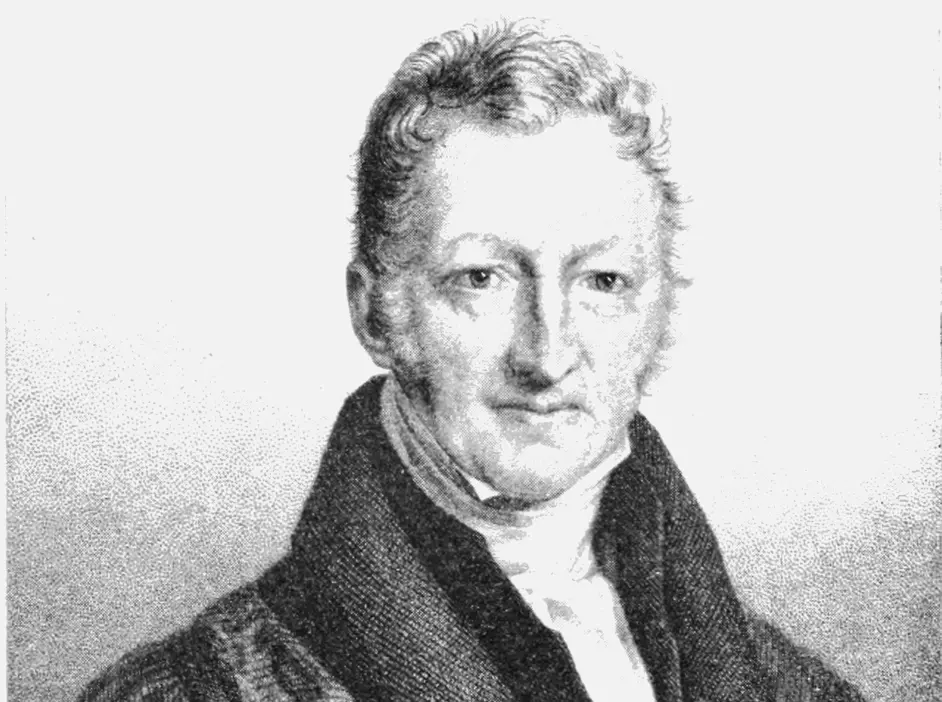
Thomas Malthus
Like-minded Stanford biologist Paul R. Ehrlich published a book entitled The Population Bomb in which he argued that the “growth in global population would lead to mass starvation, societal upheaval and ecological deterioration.”
Fortunately, neither Malthus’ nor Ehrlich’s predictions have come to fruition. The world has not run out of food, and the planet can sustain the amount of people on it. And though we do see poverty—some dire—we do not have the widespread famine and food shortages that they predicted. And often this poverty is a direct result of problems in infrastructure and government rather than shortages in food.
In a recent article on population control, Brian Clowes, PhD, wrote that “environmentalism has led to many drastic measures in the name of population control.” He continued: “For example, we have witnessed forced abortion and sterilization programs in China, Vietnam, Peru and many other countries, partly in support of programs to preserve the environment. There have been vast numbers of women sterilized or fitted with IUDs without their knowledge or consent for the same reason.”
The fear of population explosions has led to these immoral and unconscionable acts that jeopardize the living. These fears often spur people to agree that antinatalism might be a good solution.
“Better to Not Exist at All”
Enter David Benatar—a philosopher at the University of Cape Town, South Africa. In 2006, Benatar wrote a book entitled Better Never to Have Been, in which he argues the following: “(1) Coming into existence is always a serious harm. (2) Procreation is always wrong. (3) It is wrong not to abort foetuses at the earlier stages of gestation. (4) It would be better if, as a result of there being no new people, humanity became extinct.”
In the eye-opening podcast below, Benatar describes his atheistic beliefs and his reasoning for his antinatalist views, he tells listeners that he believes human beings should not procreate because the suffering we endure outweighs anything positive we could experience in life. According to Benatar, there is “nothing to be gained from coming into existence.” He maintains that even the best human lives—those who endure minimal suffering—contain “considerable bad.”
In 2019, another antinatalist by the name of Raphael Samuel made the news when he decided he was going to sue his parents for bringing him into the world without his consent. Most people found the premise behind his suit to be preposterous, as of course there’s no way a child who does not exist before he exists could ever give consent. Apparently judges in Samuel’s home country of India felt the same way, as Samuel was told his suit would be a waste of time. Though he never pursued it, his ideas certainly got people talking and thinking about antinatalism.
As Clowes stated in his article on population control:
The first step towards implementing any idea, no matter how ridiculous it may seem at the time, is to talk about it. And talk about it. And talk about it. This leads first to outrage among the people, then irritation, and finally indifference as they become desensitized to the message.
Isn’t that how the proverbial frog got boiled to death in the pot? When we continue to accept one small change to our morals at a time—when the water temperature is turned up one degree at a time—we don’t realize what we are allowing for our families, for our cities, or for our country until it’s too late.
Criticism of Antinatalism
So why bring people into the world? If you don’t have a belief in God, then you may be tempted to fall into the trap of agreeing with these antinatalist arguments. Maybe, you think, the world does have too many people. Maybe, you think, the idea of potential suffering should preclude humans from begetting more humans.
Maybe you believe, as subscribers to the Voluntary Human Extinction Movement believe, that “each time another one of us decides to not add another one of us to the burgeoning billions already squatting on this ravaged planet, another ray of hope shines through the gloom.”
Unlike David Benatar, this group does not want to stop the procreation of people because of human suffering but because of what humans do to the earth. According to the website:
When every human chooses to stop breeding, Earth’s biosphere will be allowed to return to its former glory, and all remaining creatures will be free to live, die, evolve (if they believe in evolution), and will perhaps pass away, as so many of Nature’s “experiments” have done throughout the eons…. Most Volunteers subscribe to the philosophy embodied in the motto “May we live long and die out,” but if someone doesn’t want to live long that’s their business. Really, the only action required for becoming a VHEMT volunteer or supporter is not adding another human being to the population.
The main criticism behind this misguided thinking is that this group of people does not see value in human beings. They put plants and animals before humans, as if these things are somehow more important than people.
Further, as is the case with Benatar, we see the rush to judgment that people are not in control of their own happiness and that suffering should keep us from creating new people.
This flies in the face of everything Christians believe. According to the Baltimore Catechism, human beings were created to know, love, and serve God. These inherent truths make up a huge part of our faith. Indeed, Christ came to earth, born of a virgin, and suffered and died to redeem our sins. He did this because He loves us immensely and wants us to spend eternity with Him in heaven.
As Catholics, we believe that we were created so that we can live our lives according to God’s words and teachings so that we will eventually live with Him forever in heaven. At birth, Christ gifts us with intelligence and free will. With those two things, we can choose to do good or do evil. Yes, sometimes bad things happen to us through no fault of our own, but we have the choice to decide how we will handle those things. We can choose to become angry or bitter people who lash out at others, or we can choose to derive some good from them, learn from them, and help others. It is our faith that sustains us and drives us to do good.
David Benatar, and those who espouse his same beliefs, cannot understand these concepts. They question why human beings would create a person who has the potential to do evil and then go to hell. They neglect to understand that creation is a perfect act of love on God’s part and that, in creating us, He is giving us the gift of being with Him someday—for all eternity. Further, Benatar cannot understand why people would create a child knowing that, at some point in life, he will suffer. He believes that all pain is intrinsically bad and that people who have a positive outlook about pain and suffering are just deluding themselves.
The Church and Suffering
As Catholics, we have a different view of suffering. We don’t deny that suffering is a part of life and that we all have crosses to bear. Suffering can be difficult and even debilitating. But we also understand that it has a redeeming quality.
Our suffering has value. Not only does it have value for us, as it unites our suffering to Christ’s on the cross, but it has value for others. We can offer up that suffering to help a poor soul in Purgatory or to help someone who is sick or nearing the end of life. When we allow it, our suffering can do good for others. And this is immensely joyful when we realize that we can do for others what Christ did for us. Christ never promised a life devoid of suffering, but He did promise us that He would walk with us in this suffering—if we allow Him to.
As the Catechism states:
Illness becomes a way to conversion….Christ’s compassion toward the sick and his many healings of every kind of infirmity are a resplendent sign that “God has visited his people” and that the Kingdom of God is close at hand. Jesus has the power not only to heal, but also to forgive sins; he has come to heal the whole man, soul and body; he is the physician the sick have need of.
St. Vincent de Paul said: “If we only knew the precious treasure hidden in infirmities, we would receive them with the same joy with which we receive the greatest benefits, and we would bear them without ever complaining or showing signs of weariness.”
Christ is our healer, our redeemer. Though He may not always heal our physical infirmities, He will always heal our souls.
Abortion, Euthanasia, and Antinatalism
Benatar does not advocate for killing someone against his will just for the sake of depopulating the world or to reduce suffering. He calls this pro-mortalism and says it’s not the same thing as antinatalism. He maintains that people should simply not procreate.
However, in the podcast, Benatar did state that antinatalism may or may not lead to abortion or euthanasia; it depends on the antinatalist’s point of view. Sentience is an important part of his belief. He does not believe that preborn children become sentient (conscious or aware) until 28-30 weeks, so he feels that there should be no moral imperative to keep younger babies alive. However, his underlying question is whether or not it’s a “good” for people to be created. And he concludes that, for the most part, it is not a good because too many bad things outweigh the good.
Likewise, Benatar himself does not advocate for euthanasia as a means to depopulate the world, but he does agree that a person has the right to take his own life if he does not wish to suffer. Therefore, his wrongful belief that not all people have value, and that suffering should be avoided at all costs, is a slippery slope that can lead to the death of the sick, elderly, or preborn.
Final Thoughts
While antinatalism may seem like a far-fetched idea, so do many concepts at first. The more you hear them discussed, the more normal they become. The more people advocate for antinatalism on social media, on the news, and in print, the more acceptable the belief becomes. Likewise, the less we, as Catholics, speak out against erroneous beliefs like this, the more it looks like we agree with them—or at least don’t disagree. That’s dangerous not only for ourselves, but for our children and for our nation.
The question that antinatalism fails to answer is this: What is the point of the life of a human being? Our Catholic faith teaches us that humans exist to know, love, and serve God and to attain eternal life in heaven with Him. We are taught that our lives—and the lives of every person on earth—are immense blessings that we should never take for granted.
David Benatar asks, “Is it good for you to be created?” As Catholics, we say yes, absolutely. For in the very act of creation, we are set on a path. Along that path, we can choose to do good or evil. When we choose to do good, we are choosing God and an eternity of happiness. And that eternity with God is worth any pain or suffering we could endure here on earth.
Susan Ciancio has a BA in psychology and a BA in sociology from the University of Notre Dame, with an MA in liberal studies from Indiana University. Since 2003, she has worked as a professional editor and writer, editing both fiction and nonfiction books, magazine articles, blogs, educational lessons, professional materials, and website content. Fourteen of those years have been in the pro-life sector. Currently Susan writes weekly for HLI, edits for American Life League, and is the editor of its Celebrate Life Magazine. She also serves as executive editor for the Culture of Life Studies Program, an educational nonprofit program for k-12 students.


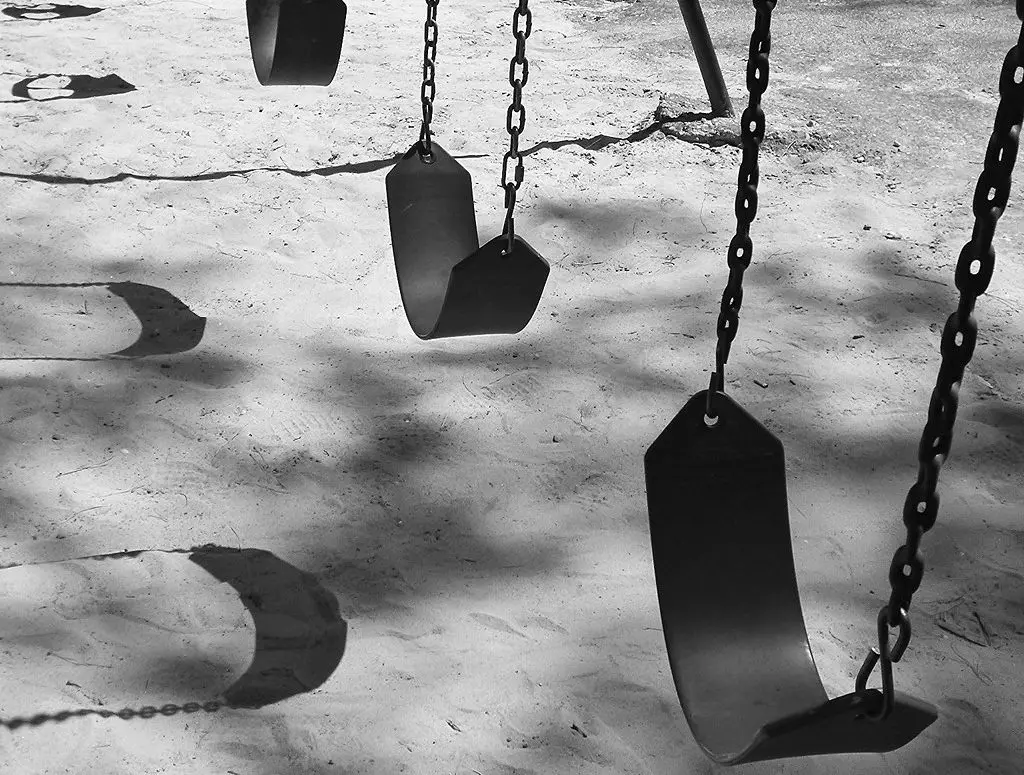

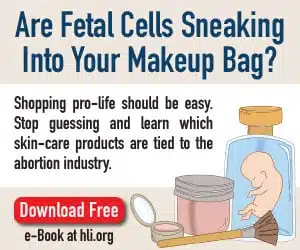

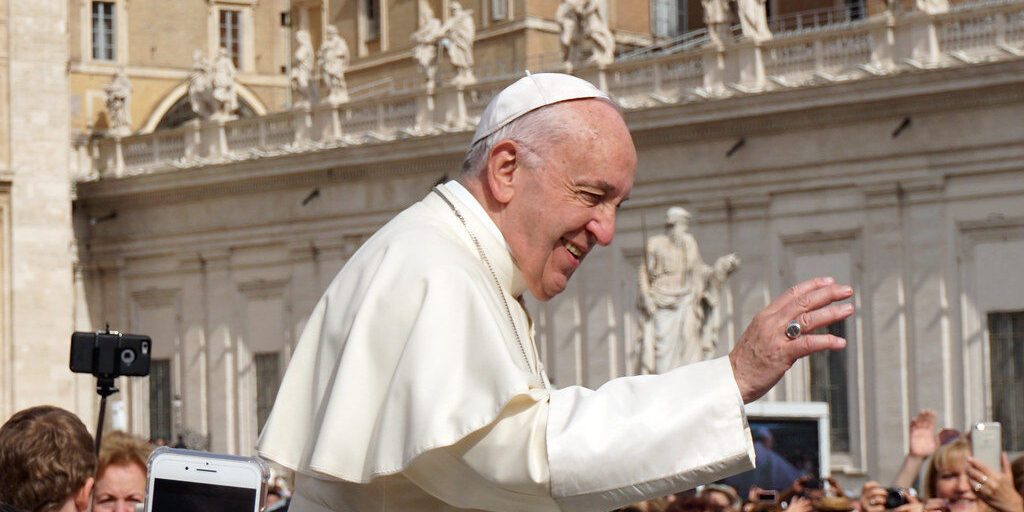
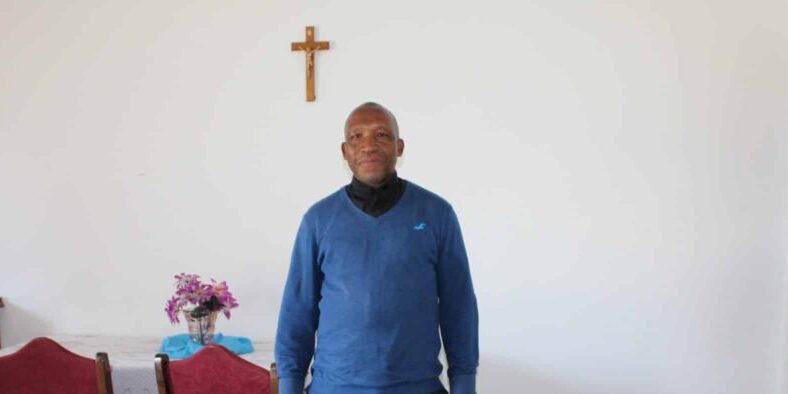
“And though we do see poverty—some dire—we do not have the widespread famine and food shortages that they predicted.” – While this might be true, about 25,000 people starve to death every DAY in this world. I think that’s enough to say it’s not good that this world exists.
And I haven’t even begun to talk about that according to your belief people (i. e. former children) will go to eternal hell, to eternal torment. In my opinion, this has to be prevented at all costs (which includes abstaining from procreating if your belief in the existence of hell is right).
[…] Against the rabid antinatalism espoused for decades by UNFPA and other anti-life groups, the Catholic Church has consistently […]
“From a Christian perspective, it’s difficult to imagine the purpose of a world with no humans.” – of course, God intended this world to be inhabited and managed by humans. Even at the end of the world, the new world, the Kingdom of God, will have people in it, but people won’t marry and won’t reproduce, showing us that in holiness there’s no marriage and no reproduction (Matthew 22:30).
“We know from the book of Genesis that God did not rest until He created human beings in His image and likeness.” – when He did so, His will for us was immortality, infused knowledge and integrity (morality) = the preternatural gifts. All that, in a state of holiness and justice = original justice. After the Fall, we people cannot bring back any of those to our children through our corrupted parenthood. We broke God’s Creation, and all that we are doing now is to bring children to sin and death, in our fallen image on top of His core image. That’s why Christ came, that’s why Christ’s doings and teachings had nothing to do with “be fruitful and multiply”, but with the fruits of the spirit toward salvation precisely because of our being born this way.
“This flies in the face of everything Christians believe.” – not at all. On the contrary, Christ’s teachings were rejection of the self, of the flesh, that celibacy is the higher choice (Matthew 19:12). Paul told us the same. Flesh is the lesser choice, marriage is the lesser choice, then multiplying is the lesser choice. “The one who can accept this should accept it. [Matthew 19:12]”
Even if you are a Christian, there’s an argument for antinatalism: your children might stop believing and fall into sin, and end up in Hell.
Any proof for your claim of meaning or eternal happiness ?
give me solid, hard, proof that by doing good I will be able to be eternally happy.
I totally agree with the article. We have to live by faith and by what Christ taught when he was here. You can read the gospels and get his exact words. His teachings are proof enough for me. But even if you don’t believe that, why wouldn’t you choose to do good while you’re here on earth? Would you rather treat people poorly, act like a jerk, and be selfish all your life? Or would you rather help create a society where people are kind, loving, gentle, moral, and good? Seems like a no-brainer to me.